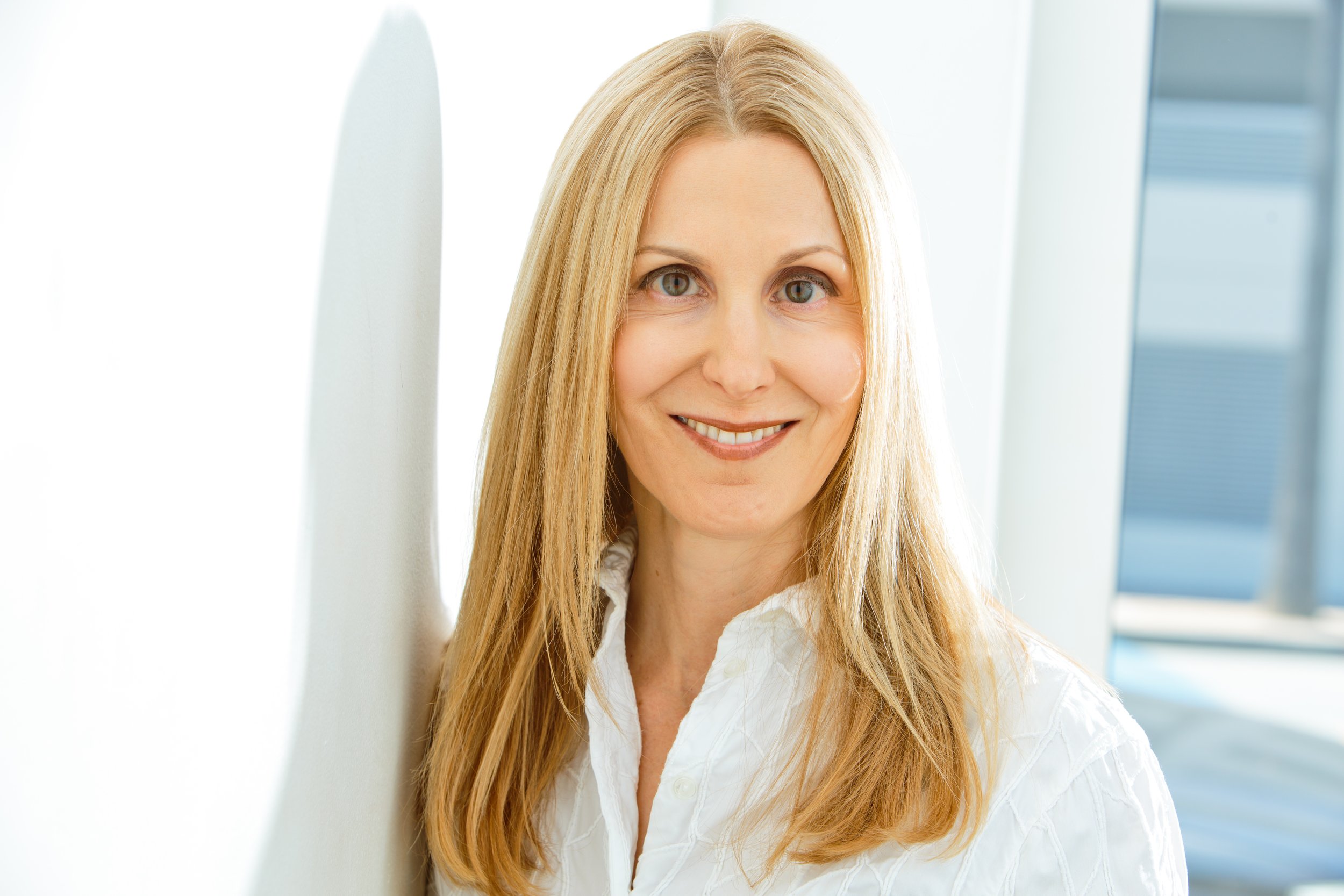WELCOME TO THE PODCAST
Understanding Disordered Eating

LISTEN NOW
Understanding
Disordered Eating Podcast
Each week we explore the deeper meaning of our relationship with food and our body. I interview experts in the field of eating disorders and psychoanalysis to bring you the answers about why you do the things you do and bring you one step closer to a healthier relationship with food and yourself.
Ultra Processed Food, Food Addiction and Eating Disorders with Dr. David Wiss
David and I have a conversation no one is having in the eating disorder world. To be clear, no one is having because of the protective feelings we have about the ED community and how we understand it to be most helpful to those who are struggling. Me included. I do know that for a lot of ED clinicians, concerns about backlash and fear of being canceled have prevented more open dialogue about the complicated nature of different types of foods.
*If you currently have an active eating disorder and have a lot of rules in your mind, this post may be best for you to read later until you have fewer rules in your mind*
Learn more about eating disorder therapy and treatment in NYC and Brooklyn with Rachelle Heinemann at rachelleheinemann.com.
Secrets and Eating Disorders with Dr. Kathryn Zerbe
Why do people keep secrets?!
The ability to keep secrets is actually a developmental milestone. As humans, we need a sense of our own mind; we all need a sense of privacy. When a child starts to have more of a sense of self, their capacity to keep secrets increases. Secrets are not inherently bad; it is quite a milestone.
The problem becomes when secret keeping is not solely for the purpose of having a bit of space to ourselves. When it becomes obvious to a kid that something bad is happening and they get implicit (or explicit) messages to keep things quiet. When it becomes clear to a child that sharing more of themselves is not welcome. Or, when a teen needs to assert themselves so loudly in order to let others know they’ve individuated when they feel smothered.
Learn more about eating disorder therapy and treatment in NYC and Brooklyn with Rachelle Heinemann at rachelleheinemann.com.
Red flags and Warning Signs
It’s hard to determine whether a loved one is suffering from an eating disorder or not. The good thing is, that there are signs that you can look out for that can help you know when to start a conversation. In this episode, I talk about red flags and warning signs. If you see someone you love who might be experiencing any of these, you can go way back to episode 9 about what the heck to do. Spoiler: unconditional support and love go a long way.
5 Tips for After a Binge
I know that I talk quite a bit about the deeper meaning of different eating disorder symptoms and behaviors. But sometimes, especially right after a binge, what you need is tips to help in the moment. In this episode I share 5 tips to keep in mind after a binge.
That obviously doesn’t mean that we forget about the function of the binge. The binge is there for a reason. It is there to help us manage really difficult emotional experiences. Chances are, if you are still bingeing, it’s actually doing so effectively. Except that now the binges have become their own problem. So now you got the underlying stuff and the binge itself. If you’re not yet in a place to try to understand the function of your binges, or if you’ve just binged and don’t feel like thinking about anything else, be sure to listen to the end to get all 5 tips.
Men Also Have Eating Disorders with Aaron Flores, RDN
We seem to think that disordered eating is a girl thing, perhaps because that’s what the “numbers” tell us. But the numbers only reflect people who get help and people who know they have a problem. For various reasons, that doesn't quite frequently happen in men. Aaron and I talk about what may be similar or different in ED’s in men. And we talk about shame.
Sprinkled into this episode is Aaron’s Star Wars love and his knack for taking lessons from the series. You can’t see but his office is full of Star Wars paraphernalia.
Stay tuned until the end, we chat a bit about clinicians who have their own ED and disordered eating struggles. I won’t say more about that here, you’ll have to listen! 🙊
Aaron Flores is a registered dietitian nutritionist based out of Los Angeles, California. He also works at Center for Discovery as Senior Coordinator for Weight-Inclusive Care He uses Intuitive Eating and Health at Every Size® in his work to help individuals learn how to make peace with food and their bodies. He is a Certified Body Trust® provider and he also the co-host of the popular podcast, Dietitians Unplugged.
Why Have Eating Disorders Become so Glamorous? with Robyn Goldberg, RDN, CEDRD-S
Unlike any other disorder in the DSM (diagnostic bible for mental illness), eating disorders have become glamorous and even enviable. “OMG how do you eat so little?” and “You’re so good. You work out at the gym all the time.” Robyn and I talk about how in the world this happened and what to do about it. Robyn also shares some possible impacts of restriction on the body.
Robyn is a Certified Eating Disorders Registered Dietitian and Supervisor in private practice in Los Angeles, CA and has been in the field for 25 years! She is a contributing author and is a nationally and internationally known registered dietitian nutritionist. She has been quoted in The New York Times, The Huffington Post, Vogue, The Fix, Shape Magazine, Fitness, Oxygen, Pilates Style, Diabetes Forecast, BH Weekly, and Life & Style. She has been on national television as the eating disorder expert on The Insider. Robyn is the author of the new book The Eating Disorder Trap: A Guide for Clinicians and Loved Ones and the host of the podcast The Eating Disorder Trap Podcast.
Finding Joy in Your Relationship with Food with Yaffi Lvova, RDN
Yaffi Lvova is an experienced Registered Dietitian Nutritionist and a proud mom of twins plus one. She earned a BA in Religious Studies and a BS in Nutrition and Dietetics from Arizona State University and went on to complete the Iowa State University dietetic internship. Yaffi is a published author of several books on feeding kids and is the creator of Toddler Test Kitchen. Yaffi supports parents through her social media, public speaking, and Nap Time Nutrition podcast and YouTube channel.
In today’s episode, Yaffi shares what she has learned from working with closely kids. Kids have a simple way to approach life. They are full of vigor and energy and excitement. They also soak everything up so whatever is in their environment is internalized. By listening to this conversation, we can better understand, perhaps, why we have a certain running narrative in our head and what we can do to reverse that narrative.
All About Running with Stephanie Roth-Goldberg, LCSW, CEDS-S
In today’s episode, Stephanie and I chat about running. We cover what a healthy relationship with running looks like and how to tell if that may be a problem for you. We talk about what may be behind your running and what function it may be serving you. Stay tuned until the end when we share tips on what you can actually do if your running is complicated for you.
Stephanie Roth-Goldberg, LCSW, CEDS-S is a psychotherapist/psychoanalyst in New York City. She operates a small group practice focusing on treating eating disorders through an anti-diet, HAES lens. Stephanie’s niche is working within the intersection of eating disorders and sports, particularly with folks who participate in endurance sports. Stephanie herself is a runner and triathlete and is passionate about incorporating movement into eating disorder treatment to help folks feel empowered and connected to their bodies. Stephanie teaches on the subject of eating disorders and exercise at the William Alanson White Institute in NYC. When Stephanie is not working, she can be found running around with her two small children, or her running group.
A Weight Neutral Approach to Diabetes with Glenys Oyston, RDN
This episode is about diabetes. Diabetes is the one condition that everyone seems to agree the only answer is weight loss. But what if that wasn’t the answer? What if there was another way? And what if the intentional weight loss idea was actually more harmful to someone with diabetes?
Glenys Oyston, RDN is a Texas-based Certified Intuitive Eating Counselor and body image coach who helps recover from eating and body image issues created by toxic diet culture through the non-diet approach. She was the co-host of the Dietitians Unplugged Podcast and is a co-creator of the Haes-aligned online program, Self-Care for Diabetes.
Is this Recovery or Orthorexia? with Dr. Lara Zibarras
Dr Lara Zibarras is a psychologist and food freedom coach. She helps women create a healthy and happy relationship with food, without guilt or emotional eating. She is the founder of the Health Mindset Matters program which helps women discover the science and psychology behind their eating struggles and binges. She teaches women how to tune into their bodies and rediscover how to eat for both nourishment and enjoyment - creating a mindset for sustainable health.
What Does the Research Actually Show? with Molly Fennig
This conversation is all about research. Alright, it may sound boring. But trust me, you’ll learn things that you haven’t heard before (come back and thank me later). Sitting with us today is Molly Fennig, an author and clinical psychology student dedicated to eating disorder research. Her book entitled Starvation has received multiple recognition and has inspired many. Molly is always one step ahead in impacting the world by using quantitative and qualitative strategies to back up her interest in eating disorder treatments. She’s now pursuing her Ph.D. at Washington University in St. Louis. and has been a part of multiple studies in the eating disorder field.
Learn what does evidence-based research mean, fact-checking studies, interpreting subjective research, and the fundamentals of how we become better critical thinkers when we hear the famous term “research shows.” Tune in to this episode and discover more.
Eating Disorders are the Solution not the Problem with Jessica Setnick, MS,RD, CEDRD-S
Jessica Setnick has worked in the eating disorder field for nearly 25 years, as well as her own eating disorder recovery. She envisions a world where no one is ashamed to talk about their eating issues, and everyone who wants it has access to help. She works toward these goals by educating health professionals and the public, especially through her training workshop, Eating Disorders Boot Camp, and her Eating Disorders Pocket Guides. She started a professional organization for eating disorder dietitians through which she advocates for legislation to improve access to care.
Anyway, about the title. I know what you’re thinking, “Um, eating disorders are definitely a problem,” and you’re not incorrect. This chat will highlight why eating disorders have come about because they were solutions to a larger problem. Solving that problem will enable you to get rid of ED for good. Solving just the problem of ED will leave you with the roots untouched. That’s when your body, psyche, whatever will find another solution to the larger problem.
Also, we talk about how anger can get the best of us and how we can approach conflict in a way that helps us learn more. Obviously not easy 🙄.
Meet Your Host
Rachelle is a licensed mental health counselor, eating disorder and analytic therapist.
Rachelle works with clients in New York City and Brooklyn to make sense of life’s messy emotional experiences.














